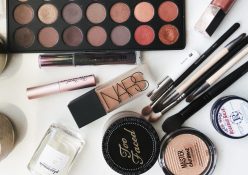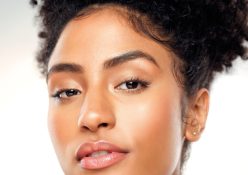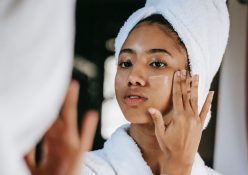You don’t need to do much to protect against the harsh African sun. Here are a few basic adjustments for long-lasting results
Gentlemen, it’s time to talk about sun care, and why sunscreen should be a non-negotiable part of your daily grooming routine. Sun protection has mainly been marketed as a feminine concern, closely associated with beauty. No wonder guys have been nonchalant about incorporating SPF into their lives.
On top of that, skincare on the whole hasn’t traditionally been popular among men – you’ve got ‘tough’ skin, right? There’s also the common misconception that if you have naturally darker skin, you have built-in sun protection. Yes, but only a little more – you can still burn, peel and get sun damage.
Here’s the deal: the sun emits ultraviolet radiation (UV) and those UV rays aren’t selective based on sex or race. UV rays are harsh on the skin and, when you’re exposed to the sun without protection, it can lead to immediate damage like redness and blisters. Below the surface, there’s premature ageing happening.
If you’re not too concerned about maintaining a youthful appearance, there’s a bigger health issue at stake. The darker side of UV rays is their potential to damage the DNA (genes) in your skin cells, which can ultimately lead to skin cancer.
Recent research has shown a concerning increase in melanoma cases among men aged 15 to 39, and a significant proportion of melanoma cases are attributed to UV-ray exposure. You don’t want to be an added statistic… The good news is, your sun-exposure toolkit needs to include only a few basic items (not forgetting your eyes and hair), and you’re sorted.
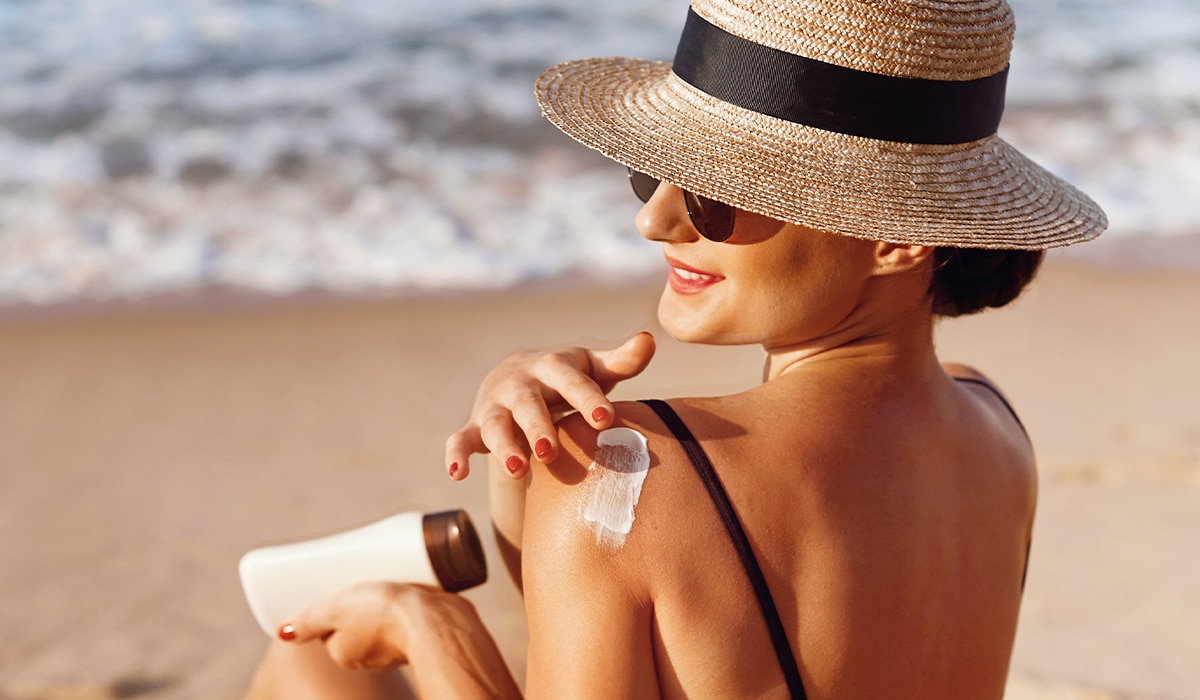
Sunscreen, sunscreen, sunscreen!
Most people think that sunscreen is only necessary when engaging in outdoor activities in sunshine.
However, the sun continues to emit UV rays on cloudy or overcast days. UVA rays can also penetrate indoors through windows, including those in your car, and still reach you if you’re in the shade by reflecting off bright surfaces or water.
The most basic skincare routine should include broad-spectrum protection (UVA and UVB) with an SPF of at least 30, used every day. See left for more info.
Treat your lips with SPF too
The sensitive skin on your lips is particularly vulnerable to UV damage. Use a lip balm with SPF to prevent sunburn and keep your mouth looking its best. Chapped lips are no one’s idea of a good time!
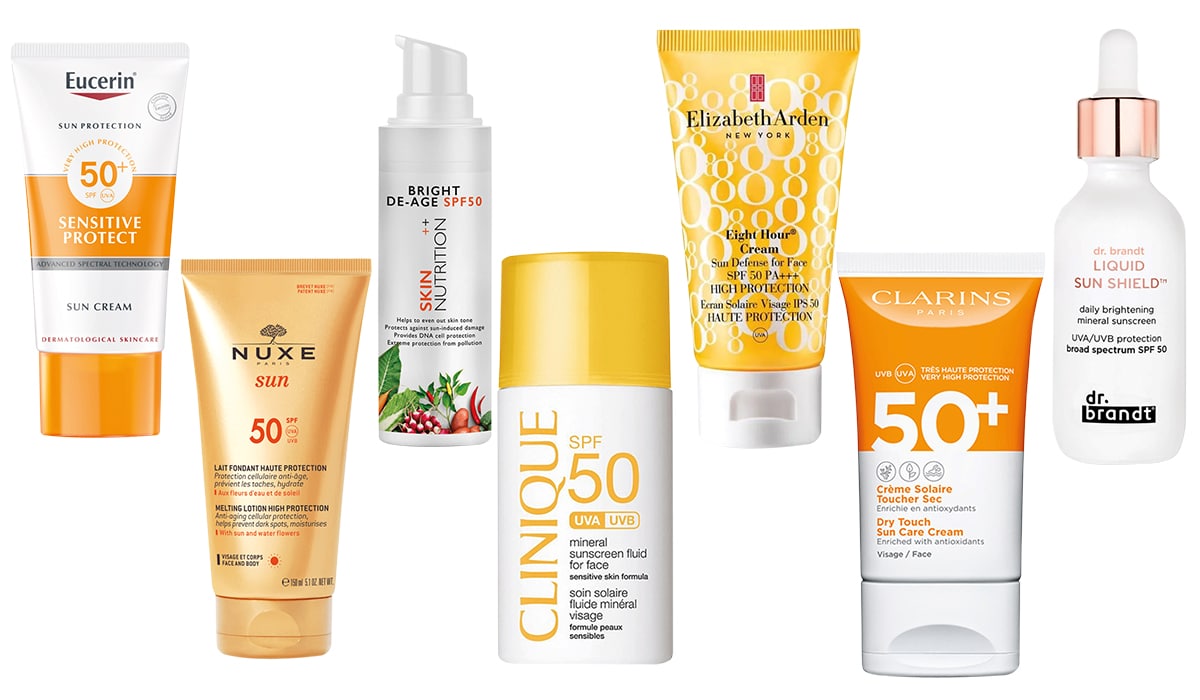
Don’ t step out without those sunnies
Investing in a pair of high-quality sunglasses – that is, ones with UV protection – isn’t just a style choice; it’s a smart move.
They shield your eyes from harmful UV rays (prolonged exposure can cause a range of eye problems). Sunglasses also help prevent premature ageing, like those nasty crow’s-feet wrinkles that come from squinting. They’re your secret to preserving a youthful appearance.
Did you know?
- The most effective sunscreens provide “broad-spectrum” protection, guarding against both UVA and UVB rays. UVA rays cause ageing, UVB rays cause burning.
- SPF (sun protection factor) signifies the level of protection a sunscreen offers against UVB rays, which are responsible for causing sun damage and possibly cancer.
- SPF measures how much UV radiation is required to produce sunburn on protected skin as opposed to unprotected skin.
- SPF 30 does not mean you can stay in the sun 30 times longer before burning. It is only a guide – other factors affect your level of protection, such as your skin type, time of day, weather, geography (high altitude and low latitude) and level of activity (sweating).
- Sunblock contains physical blockers like zinc oxide or titanium dioxide, providing immediate protection upon application. Other sunscreens need to be applied 30 minutes before sun exposure.
- Men tend to have thicker and oilier skin than women, which can affect sunscreen absorption and effectiveness.
- Male-pattern baldness can increase the risk of sunburn on the scalp. It is essential to use sunscreen or wear a hat.
- Regular skin checks for suspicious moles or changes in your skin aid in the early detection and treatment of skin cancer.
Words by: Nozuko Tshangela




